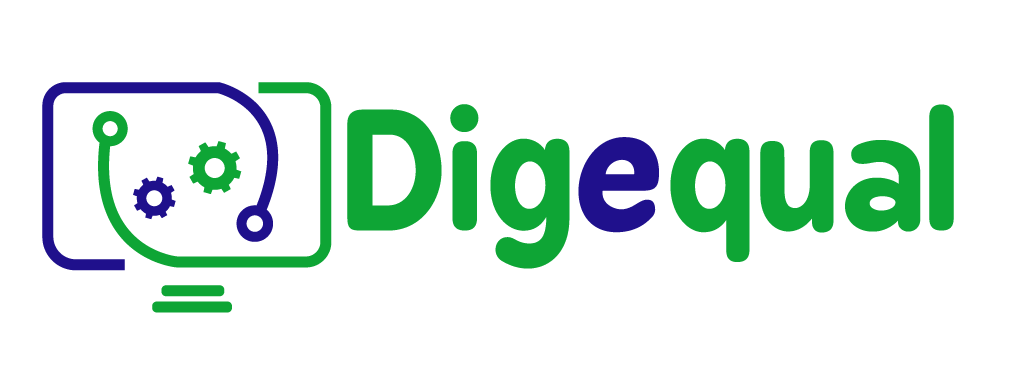Difficulties and Trust Issues
The concept of e-participation has been around for a few years, but it is still considered quite new. It is revolutionising how we, the citizens, interact with the authorities and the government as a whole, and it is easy to imagine that this has not been without problems. Like everything new and innovative, e-participation has to face certain challenges if it is to be applied successfully.
Fir of all, e-participation is still a matter of concern by most of the citizens we have engaged in the DigEqual project, and it is mostly about data treatment and the prejudice that the “government knows everything about us”. Such a statement is encouraged by misinformation about the role of the State and the relatively new concept of e-participation.
E-participation is a new way for citizens to interact with the government using digital tools. However, many people are hesitant to use these tools because they don’t understand them well enough. They worry about how their personal information will be handled and think the government has too much power to invade their privacy. These concerns come from a lack of information and knowledge about how e-participation works.
One reason for this hesitation is the fear that their data might be misused. Some people are worried that the government will use their personal information to spy on them or do things they don’t approve of. These fears are often fueled by false information and misunderstandings, which make people not trust the government.
Another problem is that not everyone has equal access to technology or knows how to use it. Some people don’t have the necessary skills or tools to participate in e-participation fully. This creates a divide between those who can benefit from these tools and those who can’t.
Many people also don’t know that e-participation tools exist or how they can use them to get involved in decision-making. The government needs to do a better job of letting people know about these tools and how they can be useful.
To solve these issues, we need to be clear and open about how personal data is protected. The government should explain what measures are in place to keep information safe and respect people’s privacy.
We also need to help those who don’t have access to technology or don’t know how to use it. This can involve providing computers and training programmes in communities to help people get comfortable with digital tools, exactly what DigEqual is about.
Let us take a closer look at difficulties and trust issues related to e-participation.
Difficulties of e-participation
The main difficulty of e-participation, and the utilisation of what it offers, is the digital divide itself. On two separate levels, it is a fact that not all citizens have the necessary equipment to access the offered services. And even if in 21st century Europe, we can claim that most people have a computer laptop, or at least a smartphone, as well as an internet connection, that is not the case for everybody. However, the digital divide is not only about whether citizens have the means to use e-participation offerings because this problem has almost been solved. It is true that even in rural areas in Europe, most citizens have access to digital devices, thus the services.
So, if device access is not an issue, then what is? Today, the term digital divide mainly refers to the lack of the required skills and competencies to take advantage of the available tools and platforms. Simply put, it is not about having a laptop or a smartphone but rather being comfortable with using it, and becoming a part of specific procedures. DigEqual, along with the current educational program, aims to build confidence in citizens who lack the skills but want to participate digitally and take advantage of e-government services, thus dissolving any possible trust issues that might appear.
Trust issues
As already mentioned, e-participation and its practices are fairly new, with its roots being equally shared among democracy and technology. When it comes to its essence, many citizens express trust issues regarding the digital platforms, websites, and general procedures of e-participation and how these handle their personal information. Names, personal data, addresses etc., are just some of the input information a user must provide while digitally participating, depending on the matter.
Again, knowledge and education are key. How data is processed, how, in what ways can they be used, for how long can they be stored, and what are the rights of the user? By understanding the concept of digital existence and participation, as well as their rights, users build confidence in the mentioned practices and procedures and thus begin using them.
A second rather important, and interesting issue connected to trust is the belief of certain users that e-participation does not have an impact because their voices are not being heard. The best example, contrary to that belief, is again the petition system in the United Kingdom, where if citizens gather a specific amount of signatures on the respective platform, the parliament is obligated to answer the raised matter.
At the same time, we see more and more information being published, from government laws to officials’ recruitments, matters that are all put on the table for public discussion and consultancy among citizens and citizens and governments. This not only ensures that more and more voices are being heard but also establishes networks of communication between citizens, regarding public matters.
